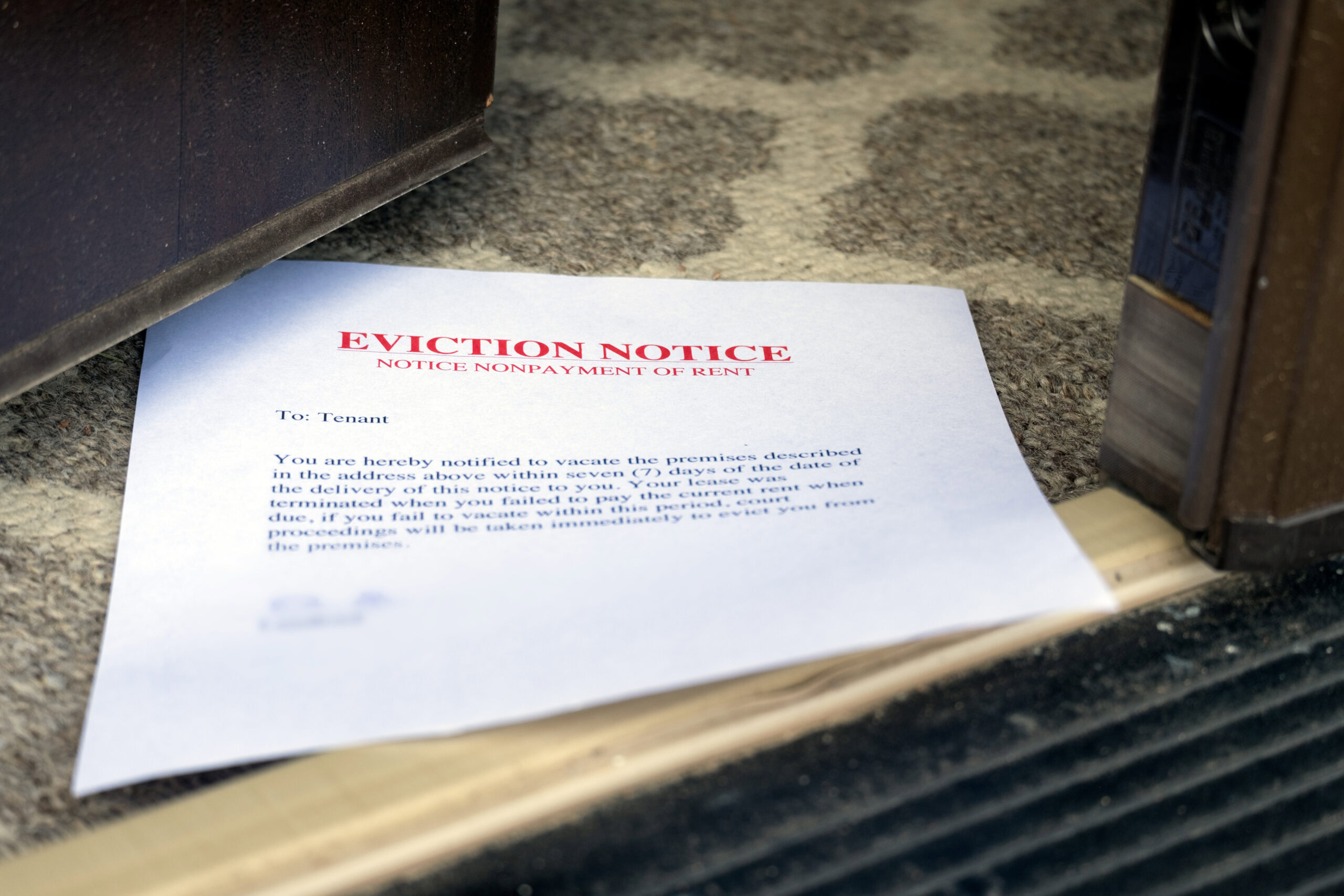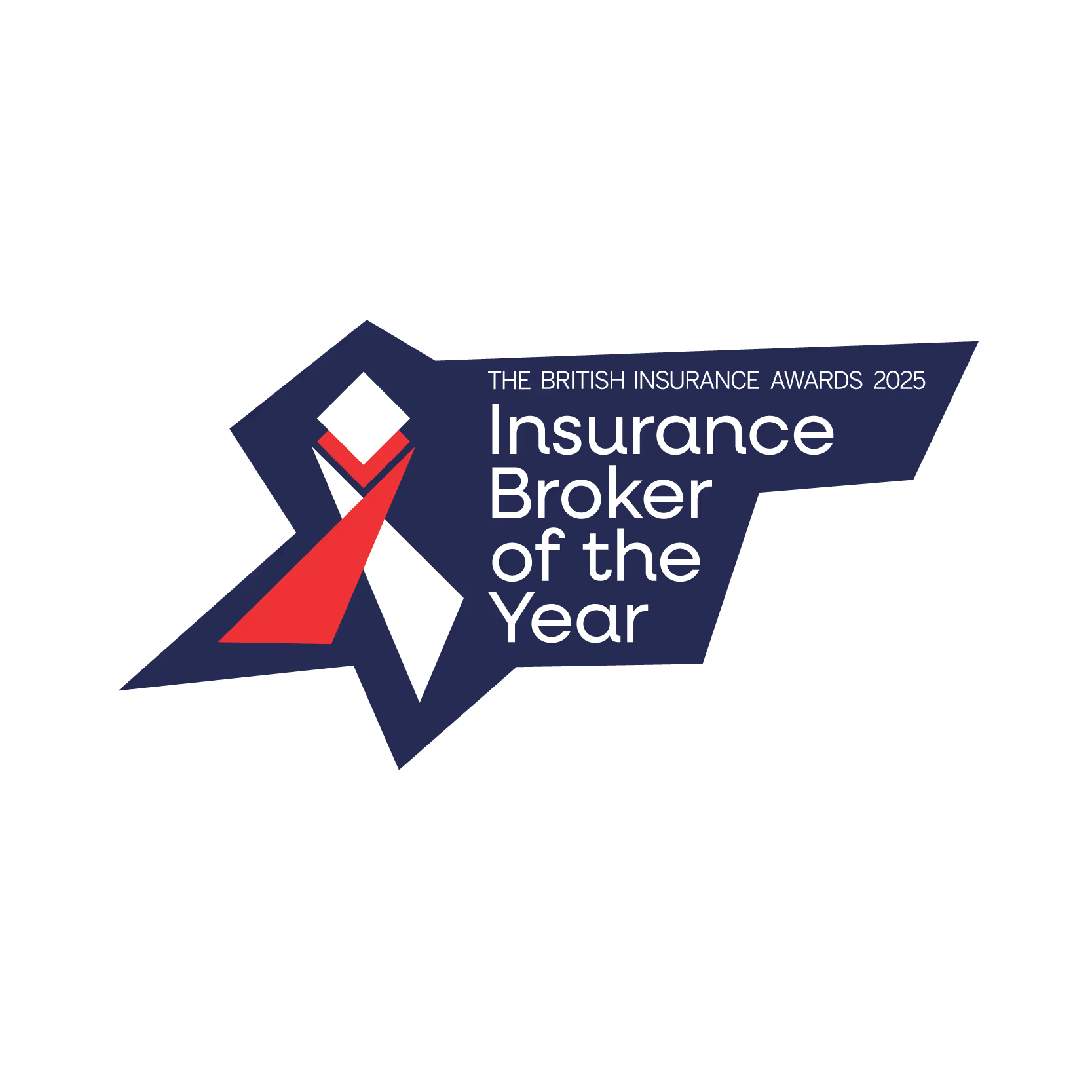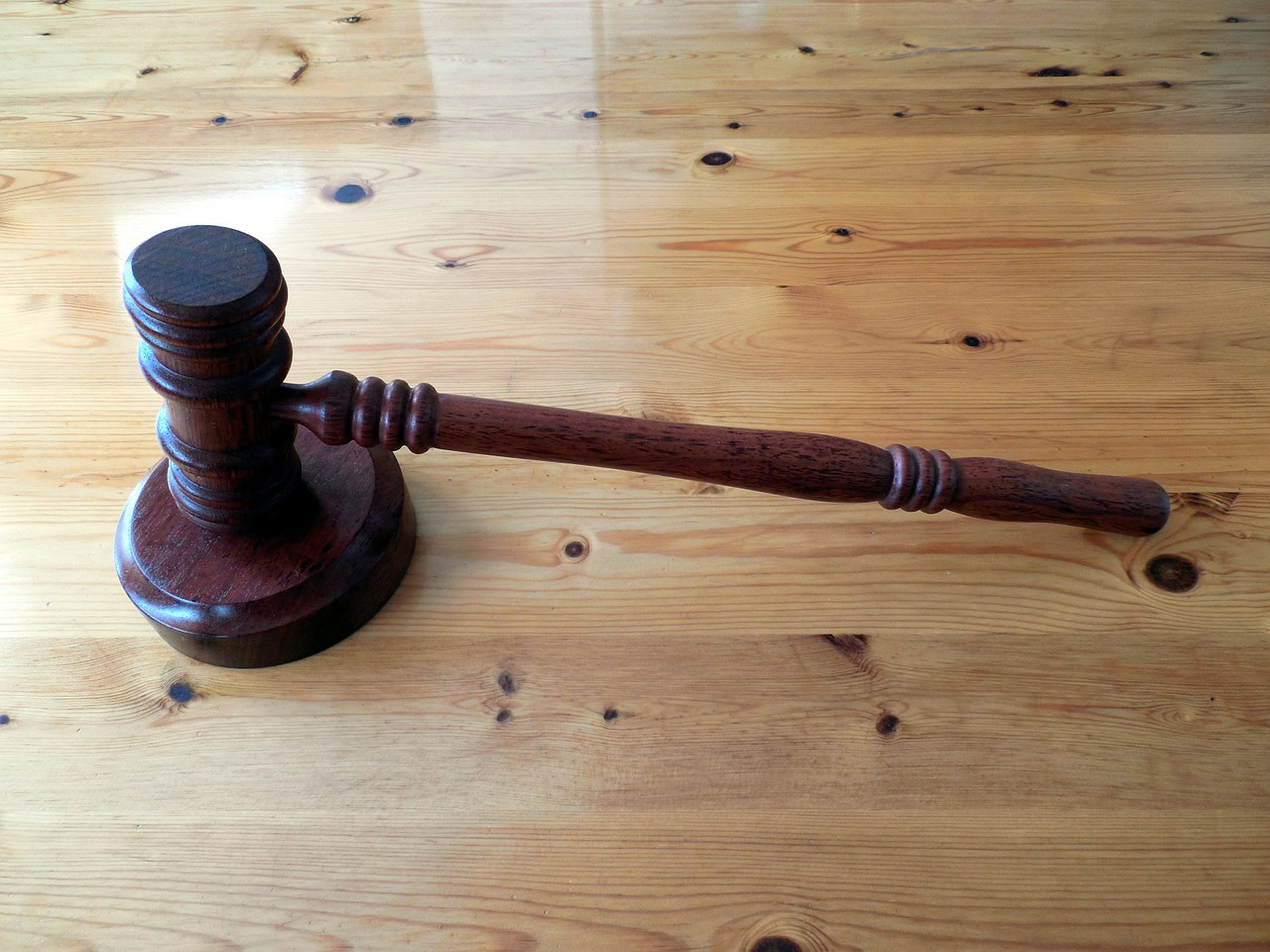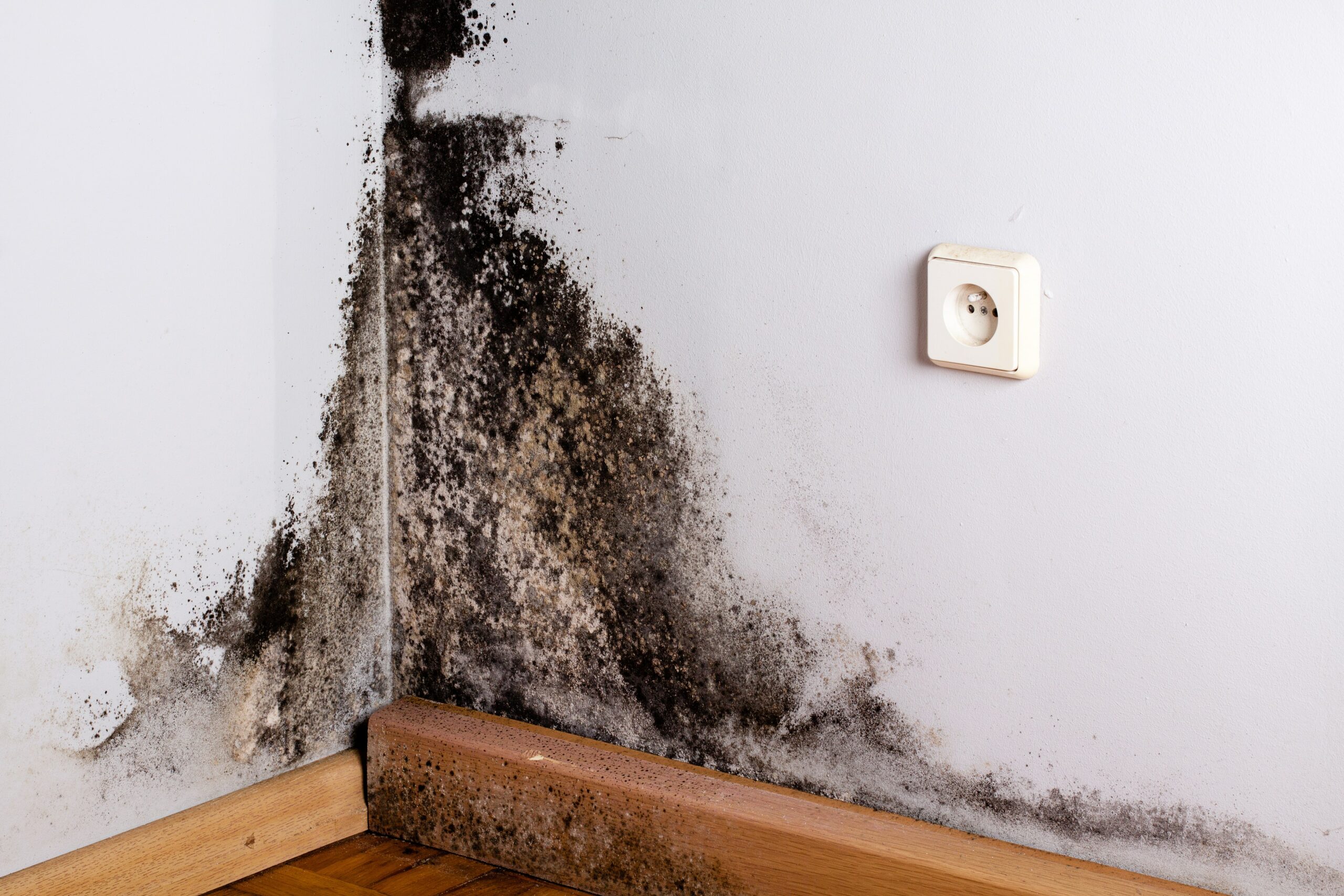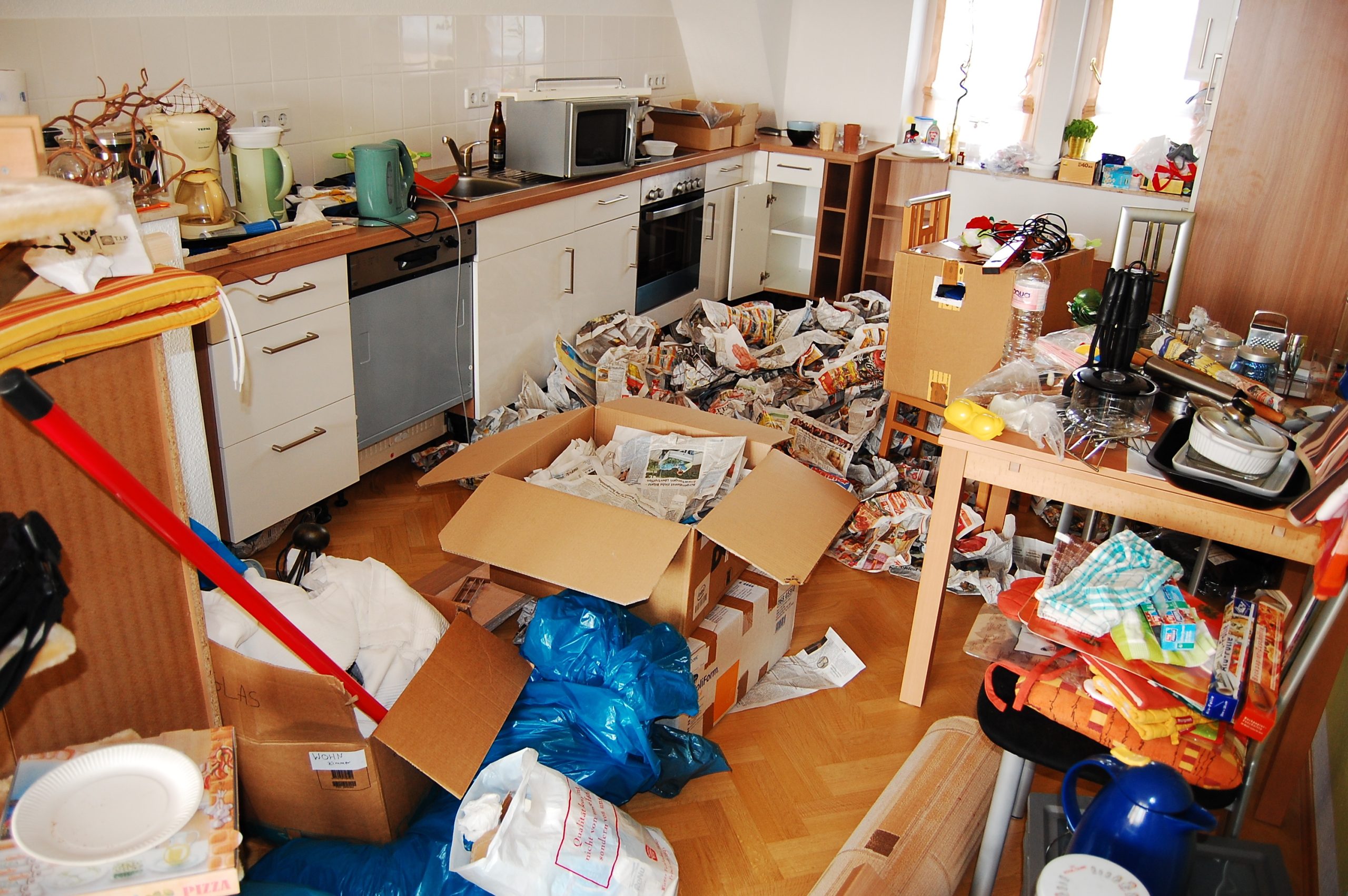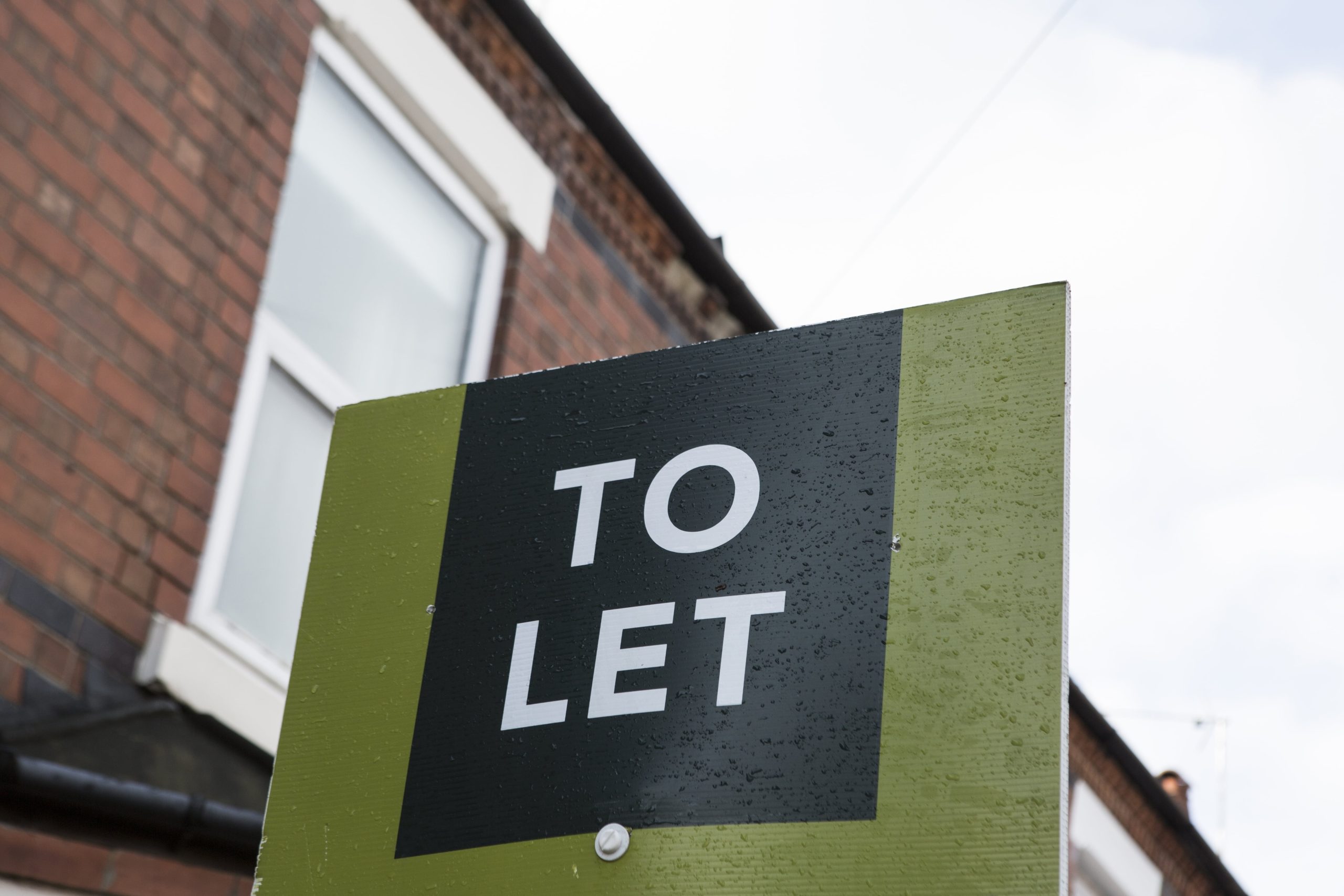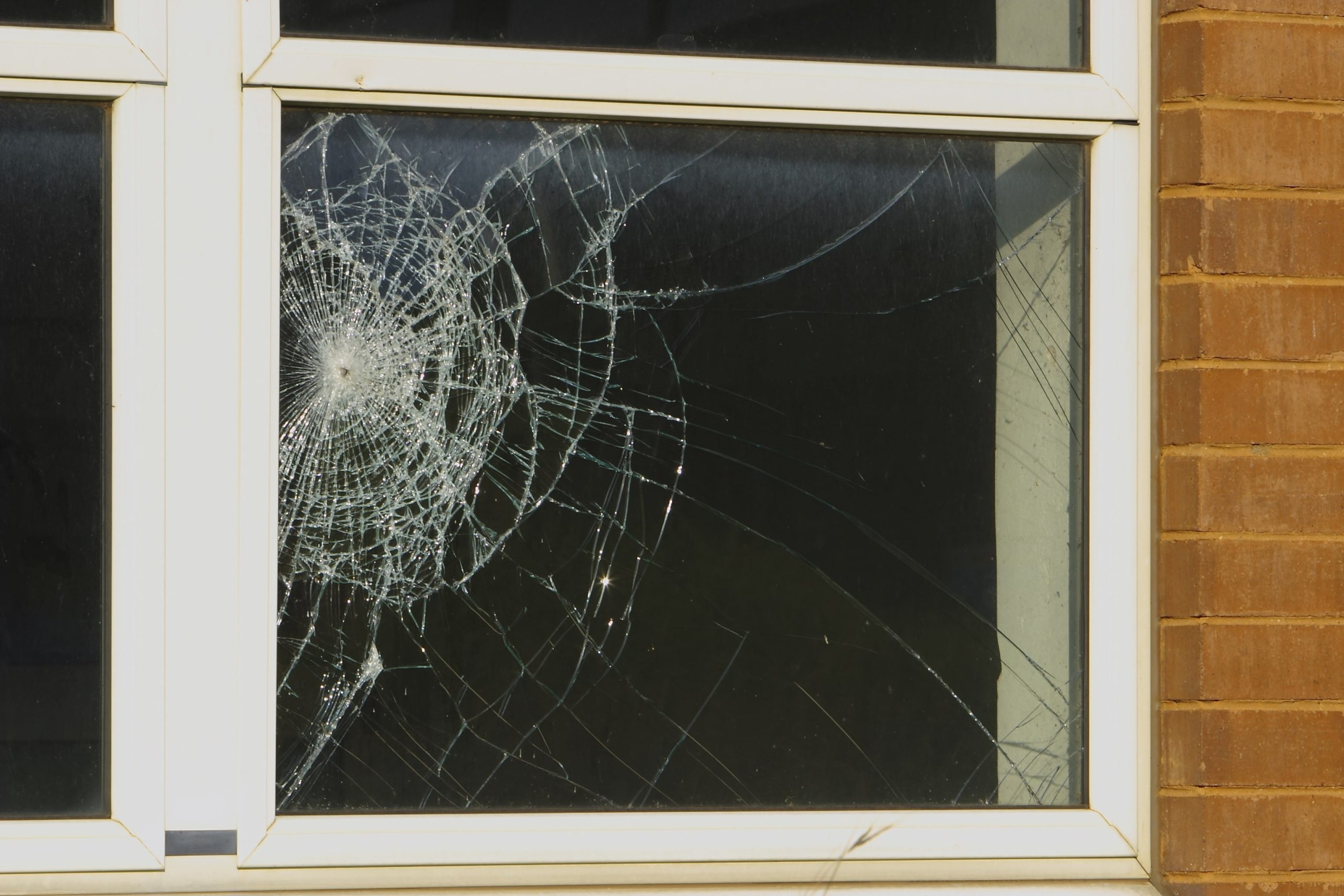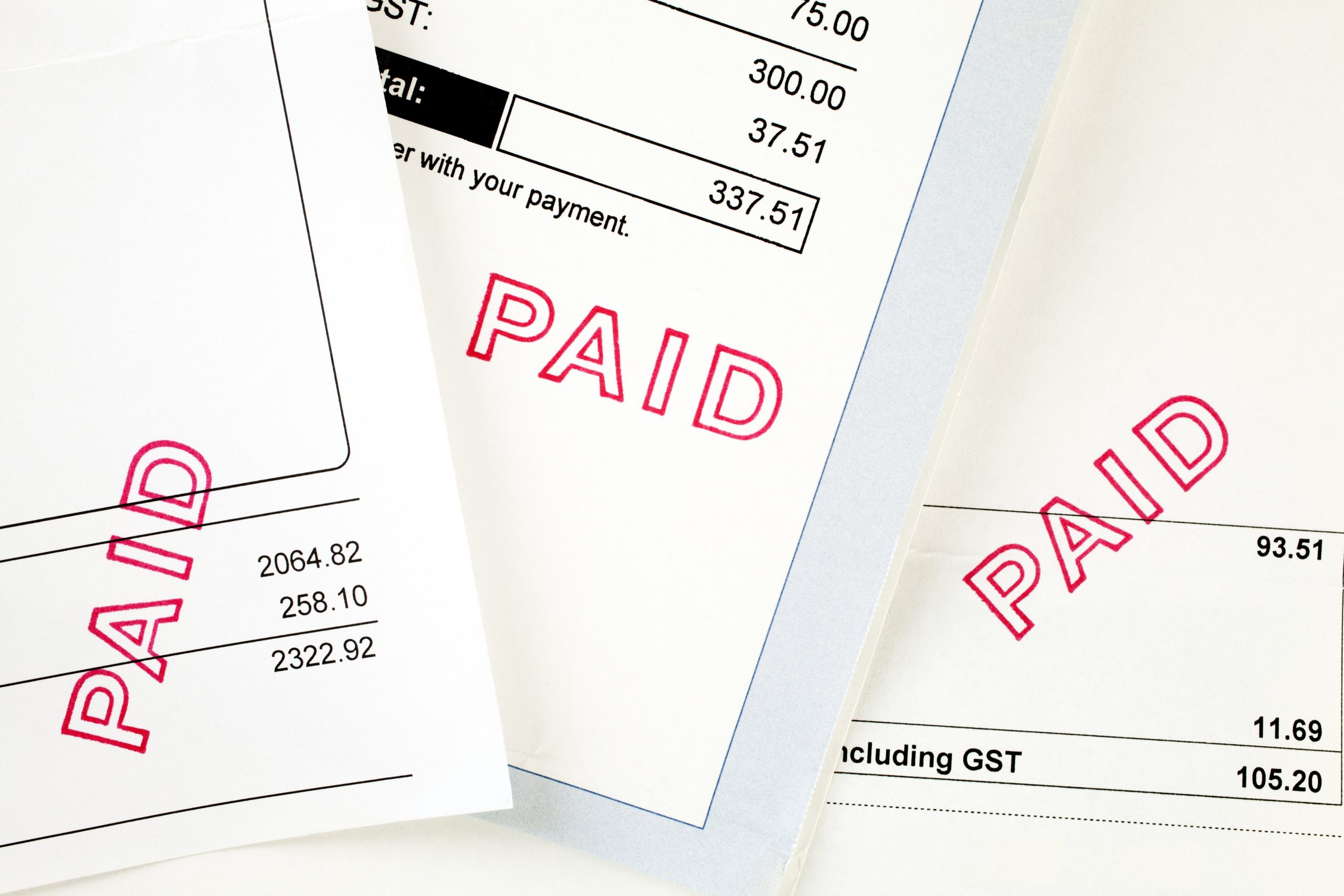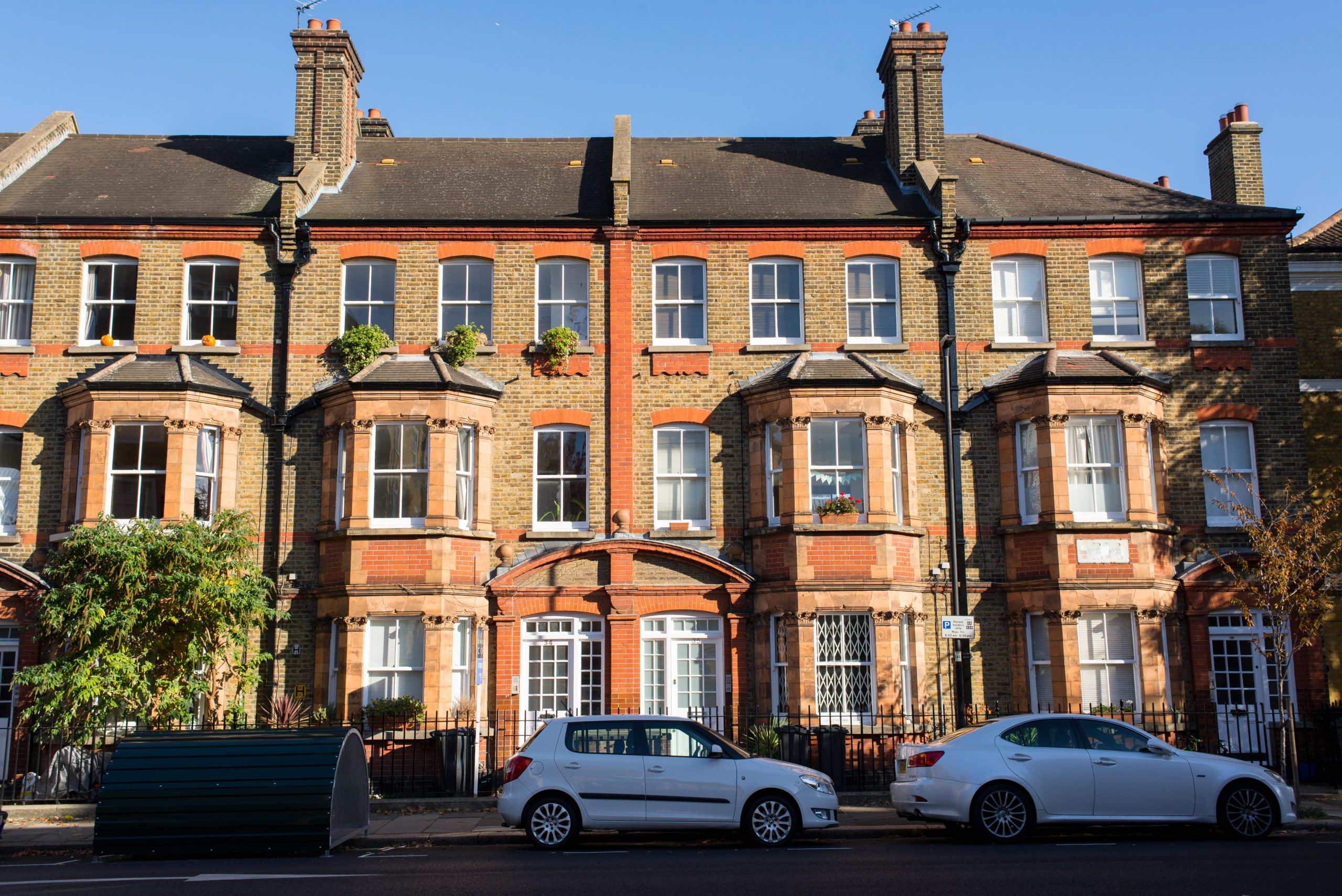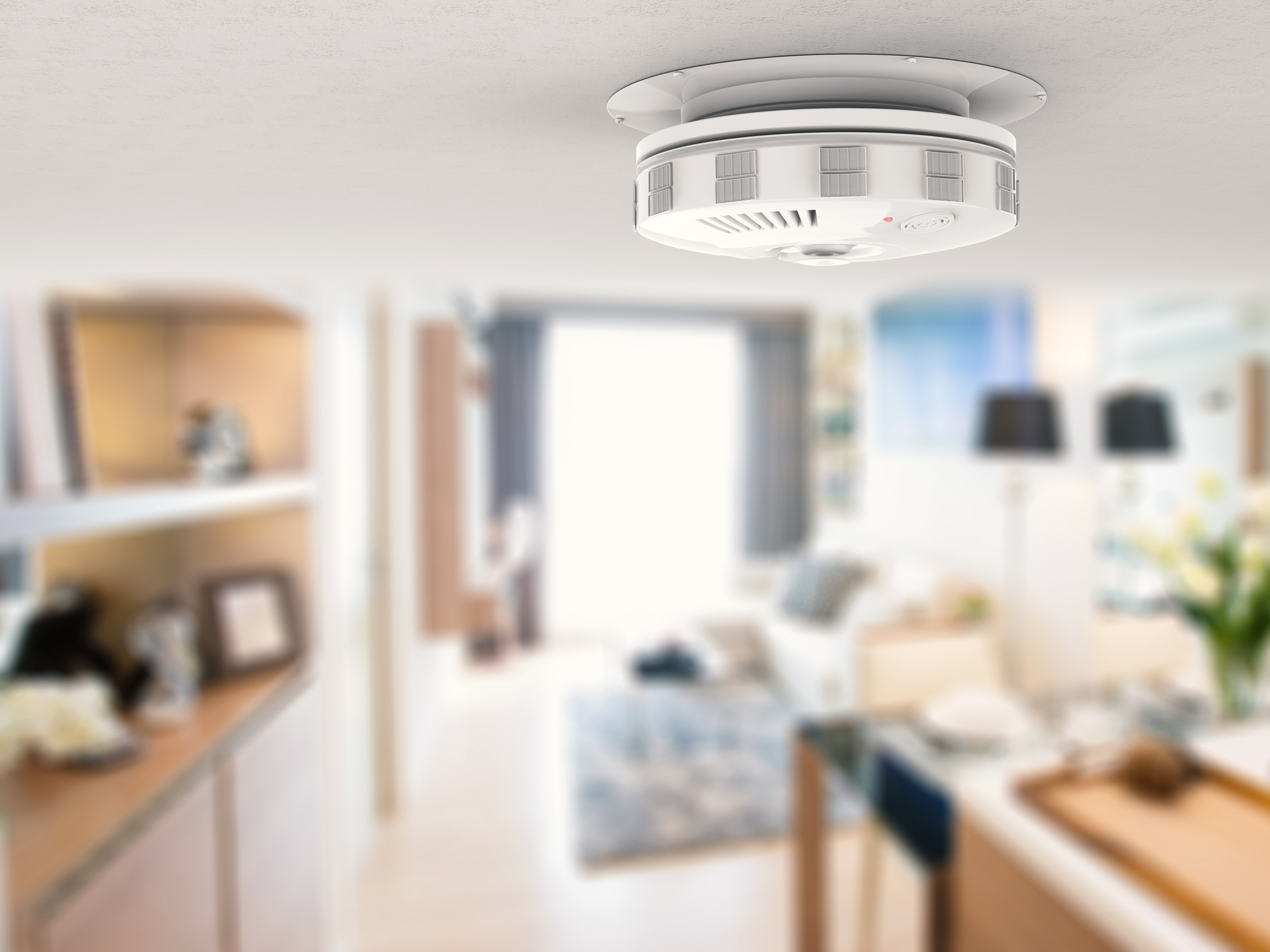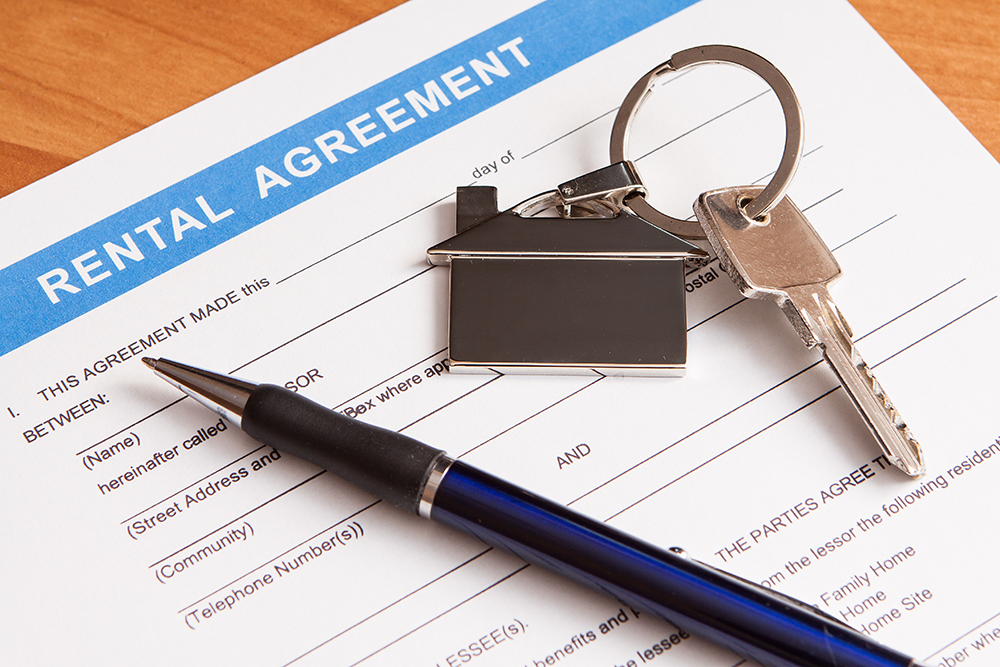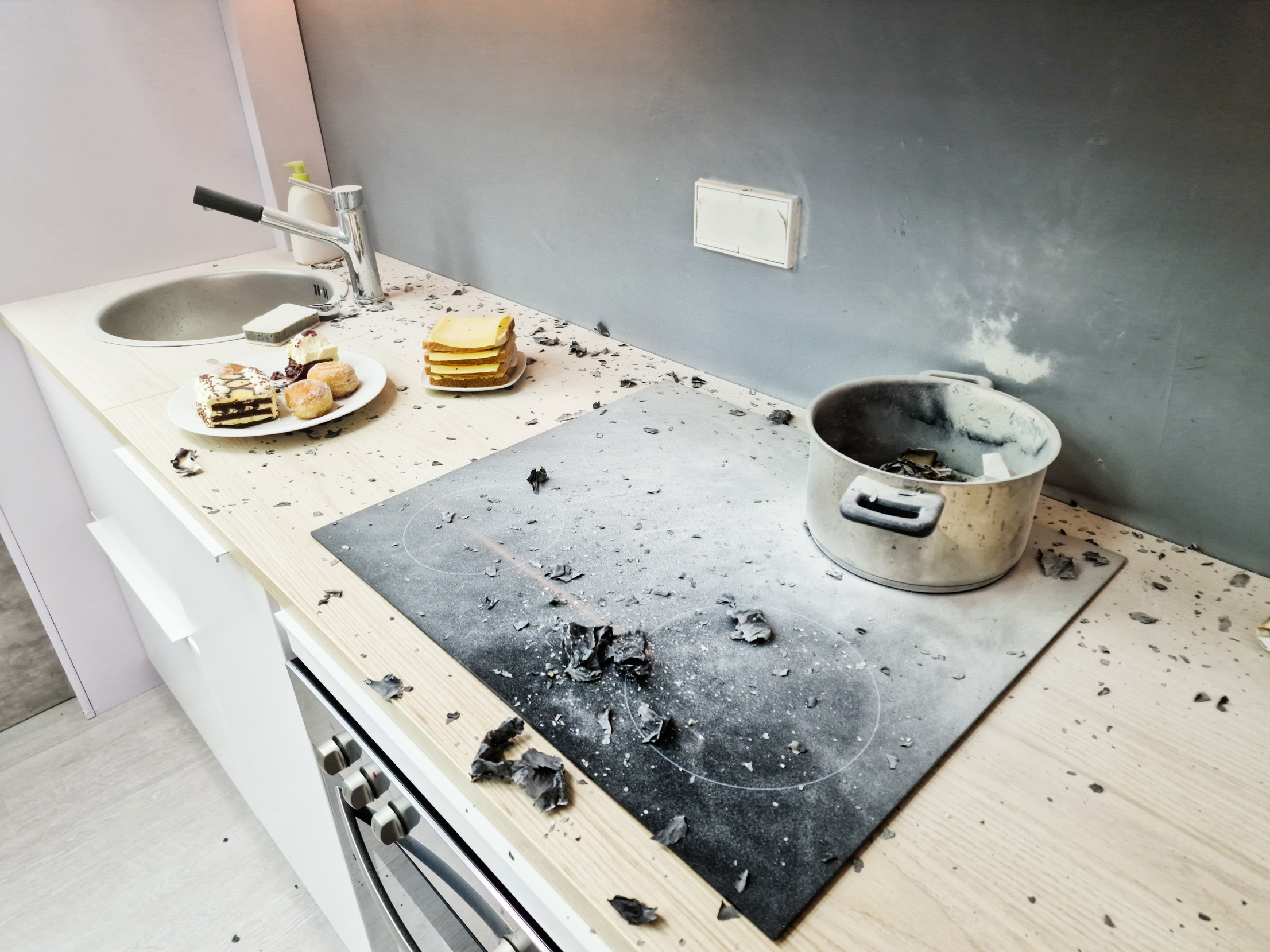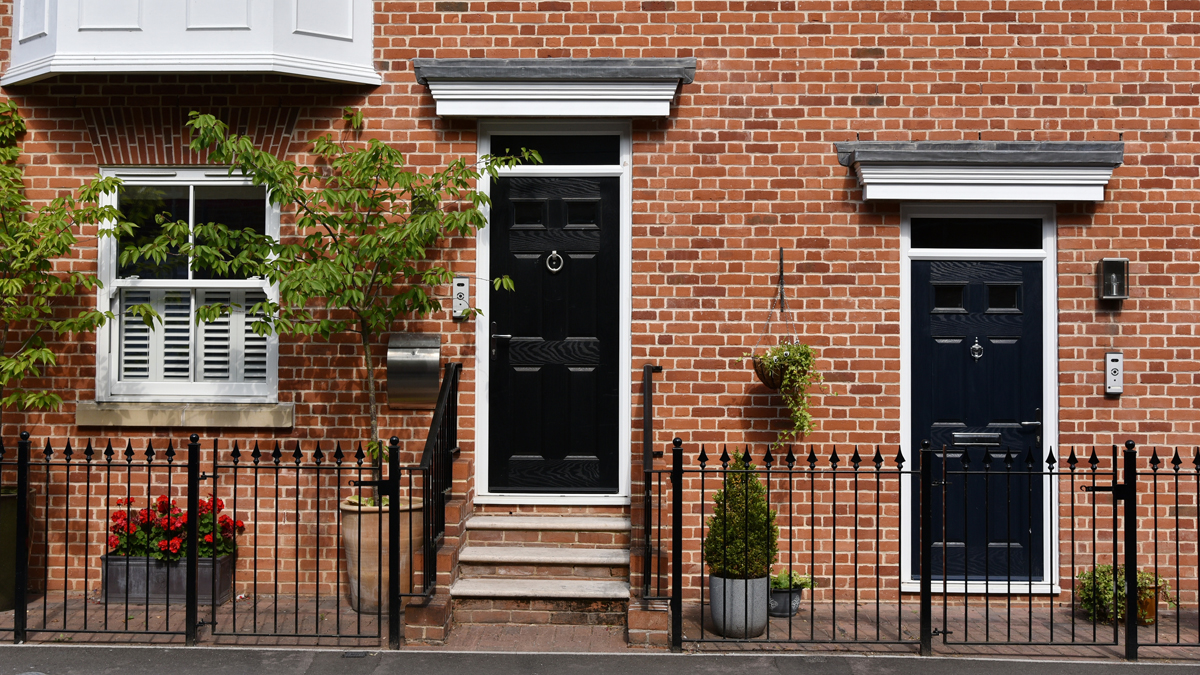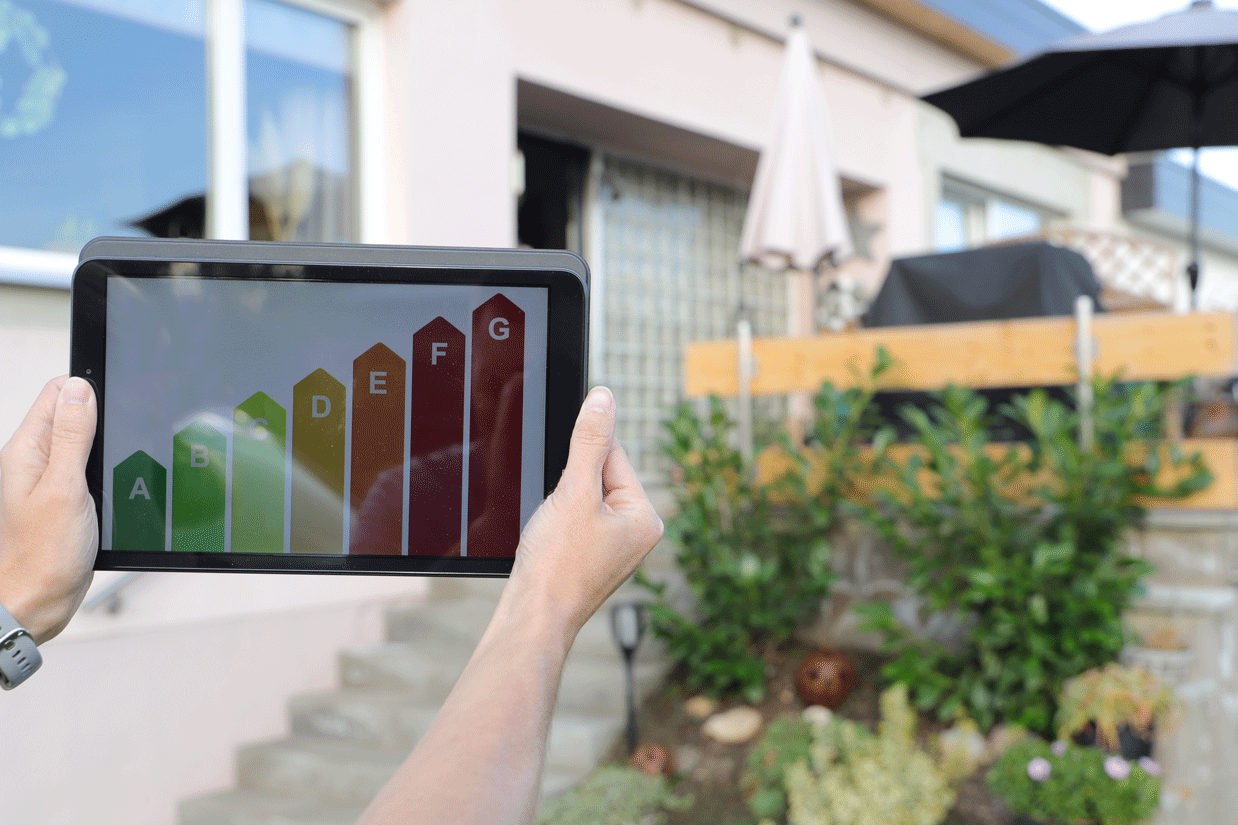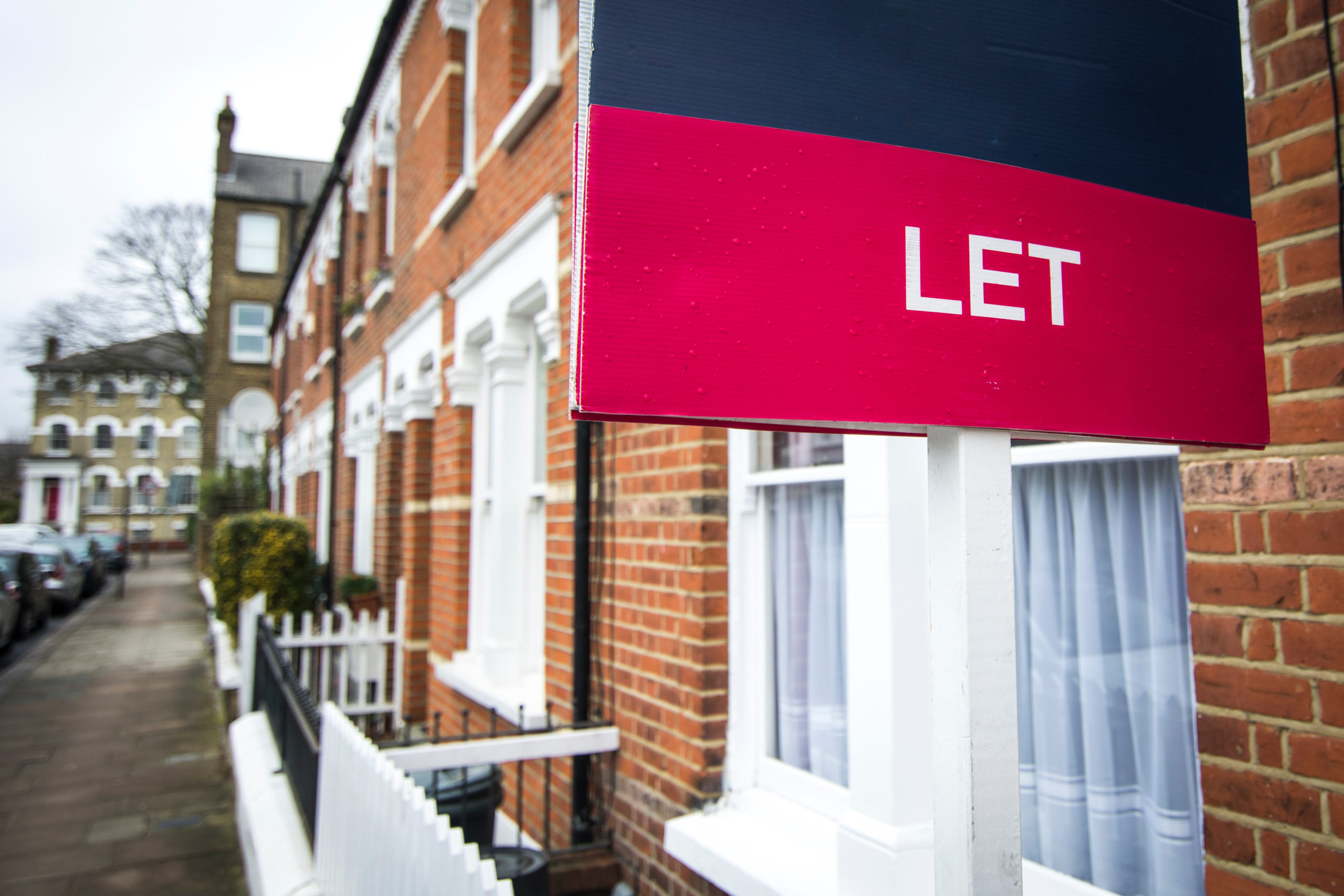What documents does a landlord need?
When you first let out a rental property, it can be a daunting prospect to get the paperwork right. You’ll soon discover there are certain documents that you are legally obliged to give to tenants, as well as others that you need for yourself (such as a landlord insurance certificate).
Getting to grips with landlord documentation gets easier as you get more familiar with managing your portfolio. That said, even if you are an experienced landlord, the documents you need to give to a tenant do change from time to time. In this article, we’ve created an up-to-date landlord documents checklist to help you make sure you’ve got all of your paperwork covered.
Landlord documents checklist
- Tenancy agreement
- Tenant references
- Right to Rent check
- How to Rent guide
- Energy and safety certificates
- Deposit protection documents
- Inventory
- Data protection
- Written complaints
- Landlord insurance
- Other documents
Tenancy agreement
Surprisingly, you’re not legally required to provide tenants with a written tenancy agreement. However, it’s wise to use a written Assured Shorthold Tenancy (AST) Agreement as it sets out the rights and responsibilities of both parties. While it is possible to have a verbal tenancy agreement, this is a bad idea as misunderstandings can easily arise and you wouldn’t have much legal recourse if a dispute emerged. It’s also worth noting that a written tenancy agreement is often a requirement of a landlord insurance policy, without it you risk invalidating your insurance and your insurer may decline a claim.
There are many template tenancy agreements available online, including a model agreement for tenancies in England, Scotland and Northern Ireland, plus model written statements for Wales. Both landlord and tenant should sign the tenancy agreement and both parties should retain copies.
Tenant references
Referencing your tenants is a wise idea. By performing the right checks, you have a much better chance of weeding out tenants who might cause problems. A thorough referencing check could include asking for the following documents and making copies of them:
- Photo ID, to verify a person’s identity.
- Proof of current address, such as utility bills.
- Proof of income, to ensure the tenant can afford rent.
- Employer’s reference, to check the tenant is in employment.
- Previous landlord’s reference, to make sure the tenant has not caused problems in the past.
It’s also a good idea to run a credit check. This will back up the identity checks you have made and flag up any history of the tenant not paying bills.
If you have rent guarantee insurance, it is a requirement that all tenants pass reference checks. In the event of making a claim, your insurer is likely to decline to pay out if they find that you have not completed adequate tenant referencing.
Right to Rent check
In England, you are legally required to check that anyone renting your property has the legal right to do so. The Gov.uk website has an online questionnaire that helps you determine which documents you have to ask for.
How to Rent Guide
In England and Wales, you must provide new tenants with the latest copy of the government’s How to Rent Guide. This helps them understand their rights and responsibilities as tenants, as well as your obligations as a landlord. You can download the latest edition of the guide here.
Energy and safety certificates
You need to provide your tenants with a number of different energy and safety certificates. These are:
- Energy Performance Certificate (EPC). This gives your property an energy rating from A to G. Currently, you can only let a property with an energy rating of E or above. You need to give a copy of the EPC to your tenants at the beginning of their tenancy.
- Gas Safety Certificate. If you let a property with gas appliances such as a boiler or cooker, a registered gas engineer must inspect the appliances every year and issue a gas safety certificate. You must give a copy of this to your tenants.
- Electrical Installation Condition Report (EICR). Commonly known as an Electrical Safety Certificate, you need a qualified electrician to renew this document every five years. You must give the EICR to your tenants within 20 days of the inspection or test.
- Smoke and carbon monoxide alarms. You need to fit smoke alarms on every floor of your property and carbon monoxide alarms in rooms that contain ‘a solid fuel burning appliance’ or (from 1st October 2022) a ‘a fixed combustion appliance (excluding gas cookers)’. You do not need to provide tenants with a certificate, but it’s worth noting that from October 2022, you are legally obliged to repair or replace these alarms once you are informed that they are faulty.
- Legionella risk assessment. As a landlord, you are required to carry out a legionella risk assessment. You should ideally confirm to tenants that you have either done this yourself or provide them with a copy of any professional report you’ve commissioned.
Further information: see our article on Landlord Certificate Requirements.
Deposit protection documents
Any deposit you receive from a tenant must be placed in a deposit protection scheme within 30 days. You must then provide your tenant with written information that tells them where their deposit is being held, plus the terms of the scheme. You can find out more in our Landlord’s guide to government deposit schemes.
Inventory
You are not legally required to provide tenants with a written inventory, but it makes good sense to do so. If items are damaged or taken during a tenancy, an inventory is vital evidence in determining how much deposit can be used to cover the loss. Inventories are also helpful when conducting mid-term inspections. (Note, you have to give tenants at least 24 hours’ notice if you intend to visit the property for any reason).
Data protection
To comply with UK GDPR legislation (The Data Protection Act 2018), you need to provide your tenants with a privacy statement on all documents like tenancy agreements and application forms. This should tell them what information is collected and why it’s needed, how the information is used and who it is shared with, plus how long the information is retained. You also need to get written confirmation from a tenant to confirm they are happy to receive lettings documents by email.
Landlord complaints
If a tenant complains to you in writing, you need to respond within 14 days.
Landlord insurance
If you want to protect your investment, it’s essential to make sure you have appropriate landlord insurance.
There are many different types of landlord insurance out there, and you can combine different covers to meet your particular requirements. As a quick guide, you might consider these key insurances:
- Landlord buildings insurance – to cover the structure of your property and key fixtures such as the kitchen or bathroom.
- Landlord contents insurance – to cover fixtures, fittings and furnishing that belongs to you, rather than the tenant.
- Rent guarantee insurance – to protect you against missed rental payments and any associated legal fees.
- Home emergency cover – to protect your property in the event of an emergency.
- Legal expenses insurance – to provide cover for legal expenses and provides legal advice on all aspects of operating a buy-to-let.
For an in-depth look at the insurance options open to you, see our article Do I need landlord insurance?
Other documents
While we have covered the main documents needed by landlords and tenants, you will encounter situations where other paperwork is required. For example, if you use a lettings agent, you will need to agree a contract with them. Similarly, if you are just starting out as a landlord, you’ll need to register with HMRC to let them know you need to complete a Self-Assessment Tax Return (if you haven’t already). The key to getting your paperwork right is to stay informed of your rights and responsibilities as a landlord and make note of any changes. There are plenty of landlords’ associations out there who can help you stay up to date, along with many online resources such as our blog articles on landlord-relevant topics.
This article is intended as a guide only. Please note that legislation does change, it is always best to check the most up to date guidance on gov.uk. Most landlord insurance policies arranged by Alan Boswell Group also have access to a legal advice helpline where policyholders can seek further advice.





